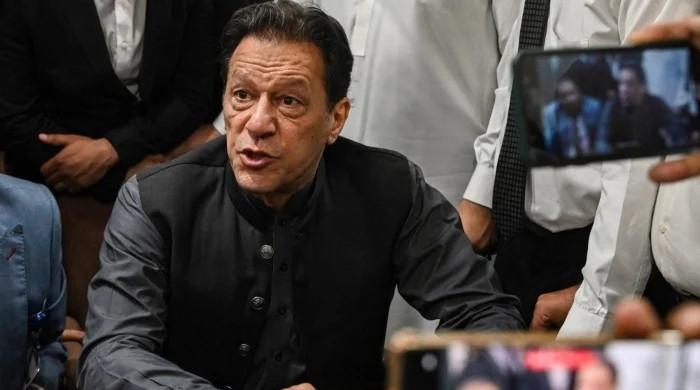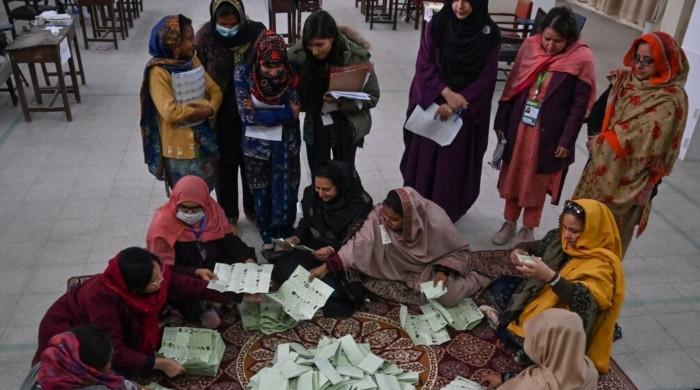Task force set up to improve higher education institutions' pay systems to retain top talent
Minister says Pakistan aims to nurture an environment that rewards excellence and innovation in research and academia
May 16, 2023

ISLAMABAD: The Ministry of Planning, Development and Special Initiatives Tuesday announced the setting up of a task force to review the pay scale systems of higher education institutions (HEIs) across the country so "top talent" could be recruited and retained.
Ahsan Iqbal, minister for planning, development and special initiatives, said the task force's establishment signified the government's commitment to addressing the challenges faced by the higher education sector.
"By enhancing the pay scale system, Pakistan aims to nurture an environment that rewards excellence and innovation in research and academia," he added.
Iqbal said that competent faculty and staff were vital to ensuring that Pakistan's higher education sector could maintain competitiveness in the global academia and research landscape.
In a statement, the ministry pointed out that higher education institutions in the country either followed the basic pay scale (BPS) or their own pay scales. However, HEIs were not consistently implementing the increase in pay and allowances recommended by the provincial governments.
"These variations in BPS scales across universities have created salary discrepancies, resulting in demotivation, dissatisfaction, and conflicts among faculty and staff. Furthermore, this situation has negatively impacted the quality of education and research in the country," the statement said.
The new pay scale system enforced by the task force would be equitable, transparent, and reflective of market rates while providing performance-based incentives and rewards for top performers, the ministry said.
It said the task force's purposes included resolution of salary-related conflicts among faculty members and staff, standardisation of the salary system across universities by eliminating variances, prevention of brain drain by retaining talented faculty and staff members through market-based compensation packages, attraction of the best talent from both local and global job markets to universities and to ensure provision of quality faculty in remote & under-developed area universities.











